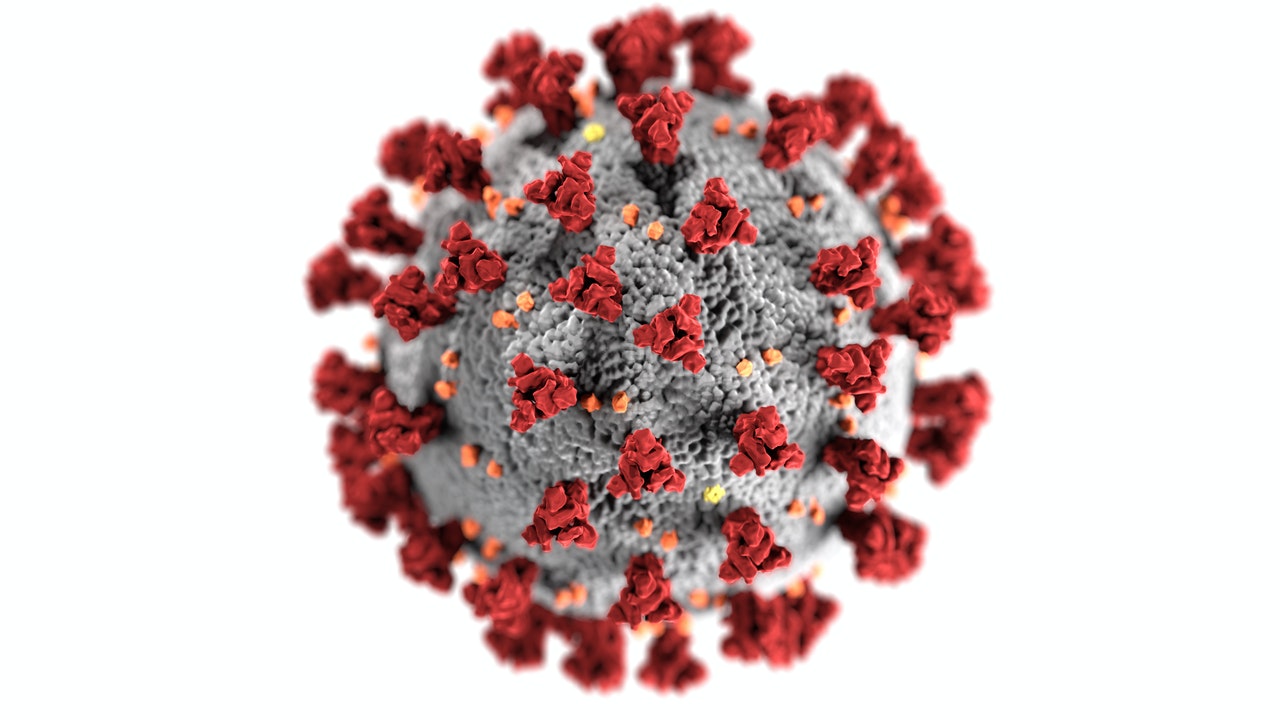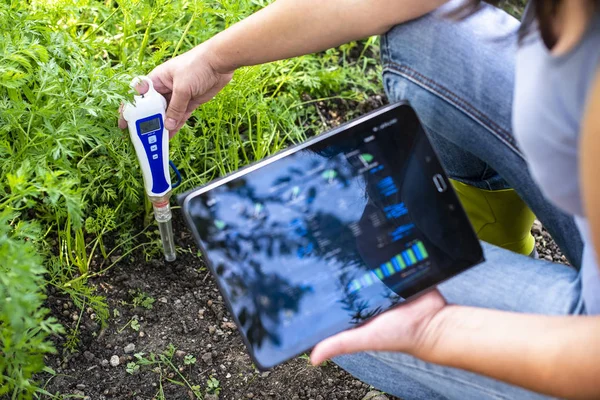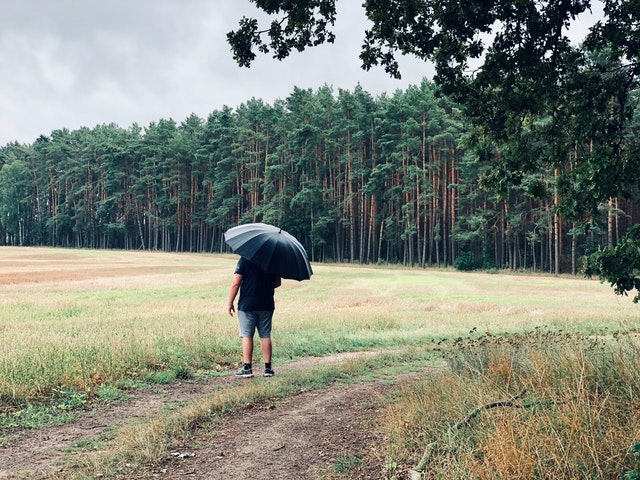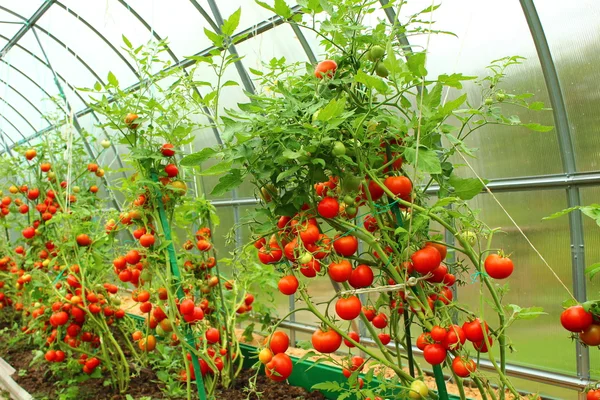Can COVID-19 measures such as quarantine, social distancing and hand-washing improve our food safety? In this blog post, we explore 12 lessons you can execute on your home, farm, ranch or pack-house for improved food safety.
They are in animal health management, safe crop protection and enhanced bio-security. These will give you quality farm yields, safer goods and higher profits.
Hygiene & Sanitation

You are to avoid touching your face with dirty hands and wash your hands for at least 20 seconds using soap and running water. Use hand sanitizers with 70% alcohol content where water is unavailable.
For excellent reputation, execute good agriculture practises (global GAP). These provide for hygienic production, handling and distribution of animal and crop products. In your farm, provide staff cleaning facilities, clean running water, soap and alcoholic based hand sanitizers. To reduce introducing microbes on your farm, make foot dips containing disinfectants at farm gates.
Personal Protective Equipment (PPES)
Wearing a face mask whenever you are in public is a must in many countries. This will decrease your chances of infecting others or getting infected with SARS-CoV-2 virus that causes coronavirus disease.
As a food handler, give personal protective equipment’s (PPEs) for your farm and business attendants. These include boots, coveralls, masks and gloves as shown below. These will stop them from contaminating animals or food products. For chemical sprayers or handlers, it is a measure for reducing exposure risk to toxic farm chemicals. You can access quality PPEs online from Amazon.
Disinfection
Public places such as airports, farmer markets, streets and public vehicles are disinfected from time to time. This will decrease the risk of COVID-19 transmission by touching surfaces.
Disinfect animal houses, containers and working surfaces for food safety. Routine bio-security measures for poultry, pig or dairy farms include daily removal of all filth by sweeping, scrubbing and washing of houses. These should get enough sunlight exposure to keep them moderately germ-free. In case of an outbreak such as anthrax, use an approved disinfectant solution to sprinkle or spray the animal sheds to kill germs.
Lockdown
States, counties and cities are executing lockdowns to close their political borders. Some have a cessation of international and air travels. This is a bid to reduce infections across different regions.
Once an outbreak hits your region, reduce your risks by stopping all animals, animal products, vehicles and persons coming into and out of the farm. Ban all visitors to the farm and avoid grazing animals in a commonplace.
Data Tracking
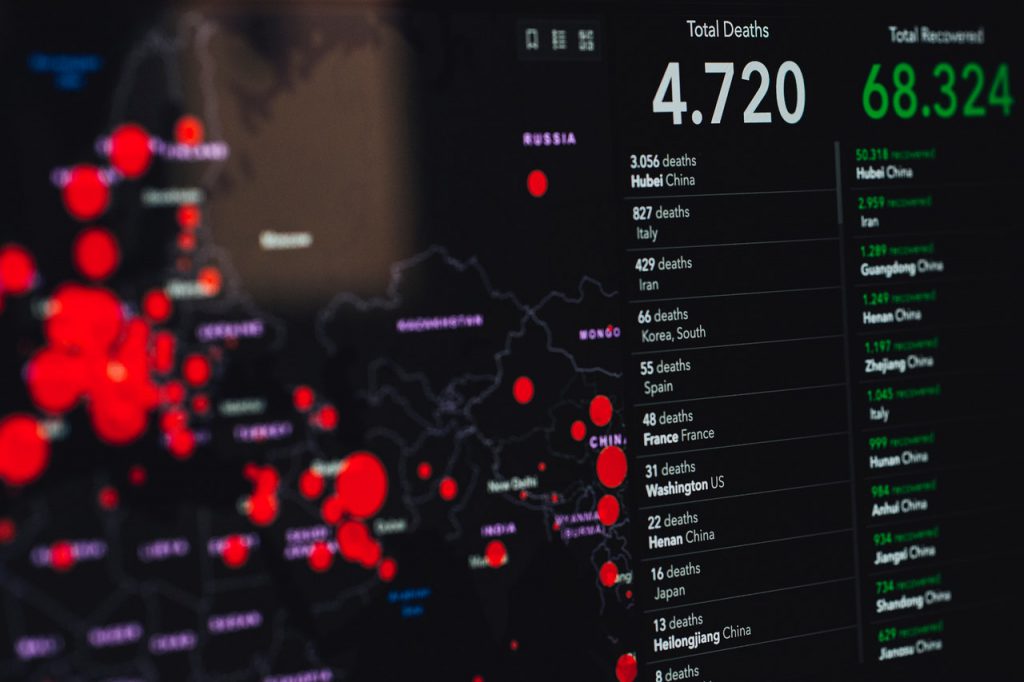
Print and digital media outlets are updating people on the COVID-19 situation in their countries daily. Many platforms are collecting and disseminating this information on a global, regional and national level.
Access to latest data is critical for informed decision making. Execute a data management policy on your agribusiness that can collect, analyse, save and allow for retrieval of this information on a need basis. Agcenture provides smart farming solutions such as customised Management information systems (MIS), e-commerce sites, mobile apps and livestock and food traceability systems. Get a quote today.
Quarantine
Suspected COVID-19 contact cases and travellers have to observe quarantine for 14 days. They have to remain separate and restricts their movement until they are clear of infection or after the lapse of the disease incubation period.
You can reduce your animal losses to contagious disease by observing quarantine on your farm. Hold all newly bought (sick or healthy) animals in a restriction area. You will buy enough time for any infected animals to develop symptoms and recover. The holding period depends on the suspected disease incubation period. As a practice, 30 days is ideal for it covers almost all animal diseases. Animals on hold are tested, dewormed and dipped or sprayed to rid them of any parasites.
Isolation
Any confirmed COVID-19 positive case is separated from the healthy population until they are no longer infectious.
As a farmer separate affected animals (chicken, rabbits, sheep and cows etc,) with a contagious disease from the healthy ones. House them in a separate isolation ward, far away from the main animal houses. You should not use the equipment and tools such as feeding troughs and shovels you use in the ward on the healthy stock. Alternatively, feed and clean for them after attending on the healthy stock. Later disinfect yourself and equipment and discard the PPEs used to avoid infecting healthy animals.
Social Distancing
There are restrictions to limit public interactions. Majority of workers in non-essential services can work from home. Social gatherings and celebrations such as weddings and worship services are on hold to stop the coronavirus disease spread. While in public, you are to observe a social distance of at least 2 metres.
Ample crop spacing is important for good yields. If your plants grow too close, they will compete for sunlight, water and soil nutrients. To get the right crop spacing, get a good farming guide customized for your region/country.
As a livestock farmer, observe the required floor space for your animals or pets. Factory farming for animal products can lead to Overcrowding for animal and pets. This can cause disease, top death rates, and observable stress and unhappiness for the animals involved. To provide ample floor space for your livestock, get a farming guide for your area, here are some recommendations.
Convenient Shopping

As people work from home, online shopping and digital selling are on the rise. You can order for food and groceries from international and local e-commerce sites such as Amazon or Jumia. Sellers can dispatch home deliveries to your address.
Are you a consumer looking for quality groceries to buy online? Shop here.
Farmers can take advantage of this, to buy quality farm inputs online without visiting farm shops. You can order seeds, animal feeds, and farm chemicals on this link.
Food Traceability
COVID-19 outbreak started in a wet meat market from Wuhan China. To date, it is unknown, whether the primary host was a bat, pangolin or a python revealing a gap in food traceability in the market.
Value chain players in food production, processing and distribution must implement a sound food traceability system. These track animals and crop products from farm to fork. Consumers and regulators can retrieve this information allowing them to check on the product’s safety like the applied pesticides, fertilizers or antibiotics.
To show your commitment to food safety, get your farm or firm audited and certified on compliance with national food standards and international regulations like ISO 22000. HACCP, OHSAS 18001 or Global GAP. Traceability and certification is a basis for convincing your international customers and premium pricing.
Mass Testing
Authorities are conducting indiscriminate or targeted mass testing depending on resources. They take positive cases to isolation for treatment centres while their contacts are traced and quarantined.
Farmers should monitor and test for infected crops or animals. Uproot or prune any infected plant or branches with any pests or diseases. Properly dispose of (burying, burning) to avoid infecting healthy plants.
Isolate diseased animals in a pesthouse. Properly dispose of any carcasses to avoid infecting healthy animals.
Vaccination
Leading health bodies like the world health organisation are on the run to develop a SARS-CoV-2 vaccine. Upon authorization, we will use it in mass vaccination to develop people’s immunity against the coronavirus disease.
Farmers can lose animals each year to preventable disease outbreaks. Vaccination is an important practice in animal health. You expose your livestock to non-lethal dosages of viruses, bacteria to develop immunity in case of future exposure. You should follow the recommended vaccination charts or schedules for poultry or cattle herds to the letter for healthy herds.
